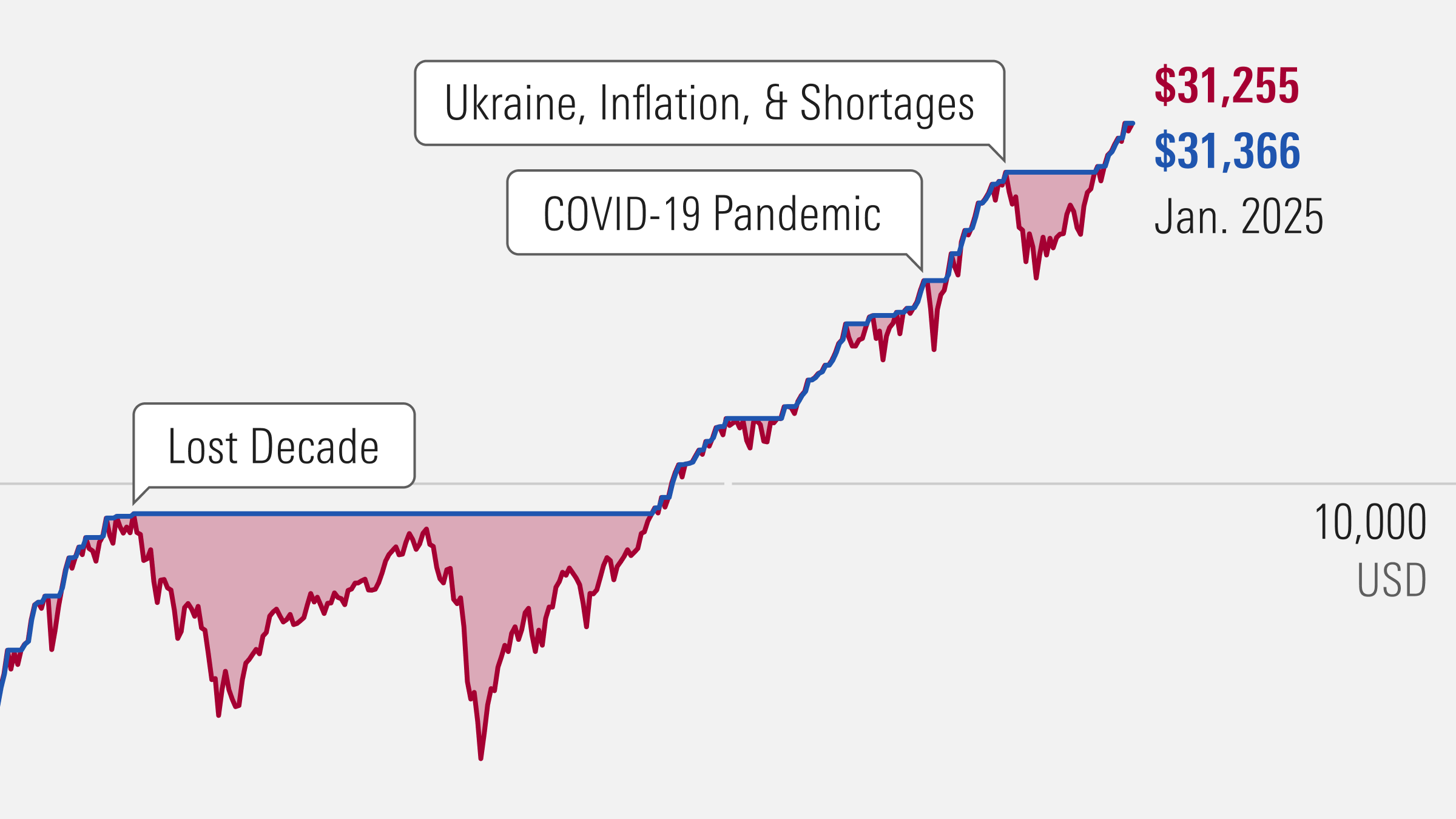Alibaba's (BABA) first quarterly update as a publicly traded company went a long way toward reinforcing our wide moat rating and longer-term valuation assumptions. A number of key metrics--including active users (up 52% to 307 million, including 217 million mobile users) and gross merchandise volume growth (up 49% to CNY 556 billion)--validated the strength of the firm's network effect, which we believe will protect Alibaba from increased China e-commerce competition longer term. The firm is also making good on its promise of increasing its mobile monetization rate--to 1.87% in the quarter versus 1.49% last quarter--suggesting that it is extracting a larger percentage of each mobile transaction, a critical variable to our longer-term assumptions.
EBITDA margins (adjusted for stock-based compensation and amortization of intangibles) contracted 890 basis points to 50.5%, though some of this decline was anticipated due to mobile, marketing, and digital content investments as well as integration of UCWeb and AutoNavi. Although these trends are slightly below our full-year expectations, we believe these investments will protect the firm's network effect as mobile commerce adoption trends (which represented 35.8% of retail GMV and 29% of total revenue) persist and China's e-commerce market shifts to B2C. We still harbor questions about Alibaba's growth outside China because of rival network effects among incumbent players in other developed markets, but were encouraged by the company's success in attracting large retailers/consumer brands (notably, Costco's plans to list on the Tmall marketplace).
There is no change to our $90 fair value estimate, and we continue to forecast average annual top-line growth exceeding 30% the next five years and adjusted EBITDA margins returning to the mid-50s as operating leverage increases on a wider active user base. The shares appear modestly overvalued at current levels, though we don't see many immediate downside catalysts over the near future


















